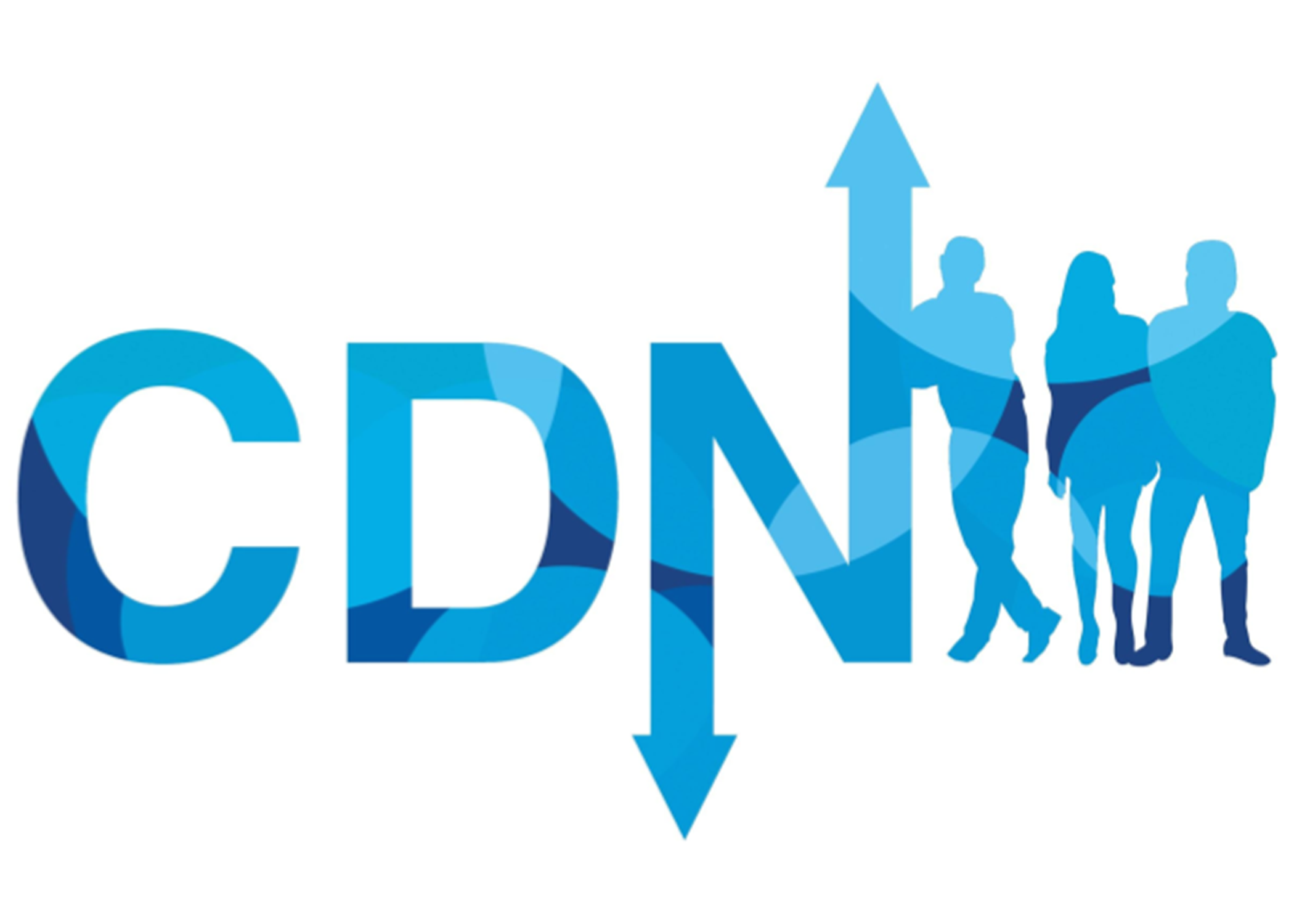“Because I was diagnosed at such a young age, managing diabetes is a large part of who I am and has definitely impacted my character. I’ve had points in my life where I’ve stopped and realized, ‘Oh wait, not everyone has to deal with this like I do,'” said Alex Peterson, Vice President of the Northeastern chapter of the College Diabetes Network. “Regardless of all the doubt and fear, I think living with this disease has made me a strong and resilient person who can take on anything.”
Type 1 diabetes is a disease which prevents the pancreas from producing insulin, a hormone that helps to bring glucose from the bloodstream to the rest of the body. Glucose is an essential sugar that the body uses for energy. People living with type 1 diabetes must pay close attention to their blood glucose levels and use artificial insulin, often in the form of syringes, pumps, or pens, to deliver the missing hormone to their body. Growing up, many people diagnosed with type 1 diabetes at a young age, have a support system throughout their life. However, when they go to college, that can suddenly seem distant, and it isn’t easy to find other diabetics at a university due to HIPAA legislation.
The College Diabetes Network (CDN) was founded in 2009 thanks to Christina Roth, a college student who had been diagnosed with type 1 diabetes at the age of 14. In college, she wanted to meet other students in similar situations to hers. Roth launched a website to connect students at universities in having discussions on diabetes in college and how to form support groups. In 2012, CDN became a full-time, non-profit organization.
CDN’s campus chapters help build connections between students and resources and connects them to other groups across the country. The Northeastern chapter of the College Diabetes Network (CDN) was started last year by interested students and advised by Assistant Professor of Biology Dori Woods.
“My daughter has type 1 diabetes, so I’m very familiar with the issues and sensitive to these issues in an academic environment,” Woods said. “I’ve always been curious how students really dealt with their diabetes on campus. We want to be here to help not only students with diabetes, but other students with invisible disabilities as well.”
Creating this network at Northeastern plays an essential role for students on campus with diabetes. Peterson wants the chapter to be able to both educate and support students at Northeastern with type 1 diabetes, as well as acting as advocates for students with diabetes throughout their co-ops, classes, and the rest of their college life.
Mercy Siressa, a third-year mechanical engineering student at Northeastern, and the community outreach coordinator for Northeastern’s CDN chapter, has been living with diabetes for almost 11 years.
“My parents wanted me to feel like I was normal, but I was the first person in my family to have it, so we didn’t really know how to deal with it. You kind of just know something’s different, there are other kids do that you just can’t,” she said. “Now, with this network we’re building here, I can talk to people who share the exact same problems as me. We can just rant about how our doctors, as much as they want to help us, sometimes don’t always understand. It’s really nice to have that group of people to talk to.”
As the CDN chapter here on campus takes off, the group is planning many events for the rest of the year. They continue to grow in members after tabling at the Winter Involvement Fair. Last September, the group participated in the annual JDRF Walk, which is the largest fundraising event for type 1 diabetes research in the world.
“We are currently working on organizing a large-scale educational on-campus event co-hosted with other offices and organizations on campus,” said Peterson. “We’ll be hosting a “Break the Stigma” panel this March between CDN chapters here, at Boston College, and at Simmons.”
The Northeastern chapter is also growing their outreach efforts.
“We will be speaking with local Boston elementary, middle, and high schools about diabetes,” said Mercy. “In some schools, people have no idea what it is, and there can be some harsh teasing involved. If students knew more about exactly what it is, they would know it’s not a scary thing.”
As the network continues to grow, Northeastern’s chapter is excited to make a name for themselves on campus. They are continuing to plan new events and expand their group. If you’re interested in getting involved, join their bi-weekly meetings on Wednesdays at 6:40 p.m. in 264 Ryder Hall. Like their Facebook page to learn more!

